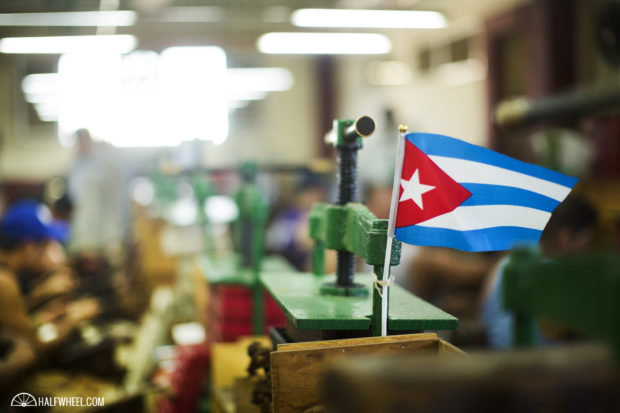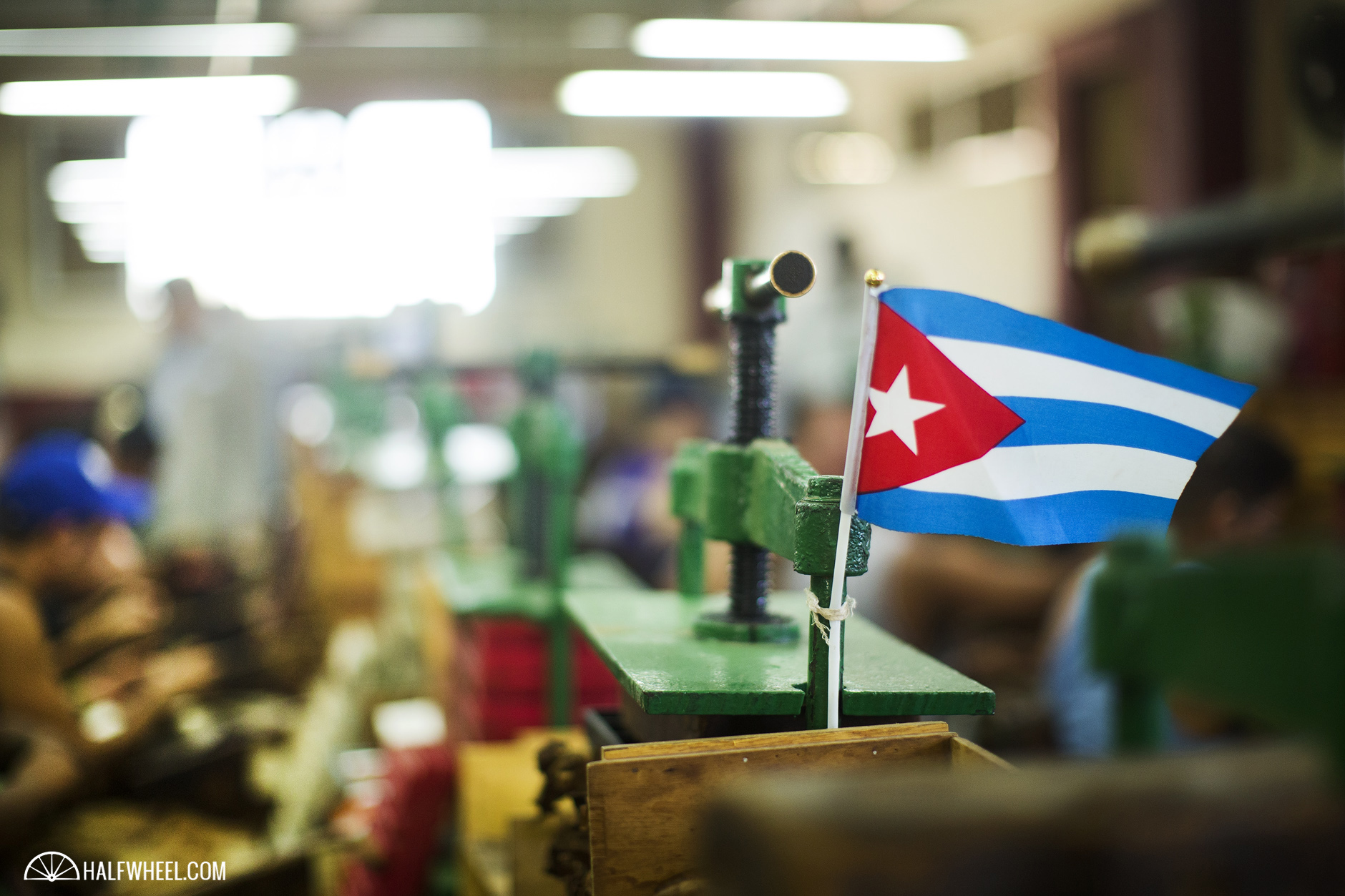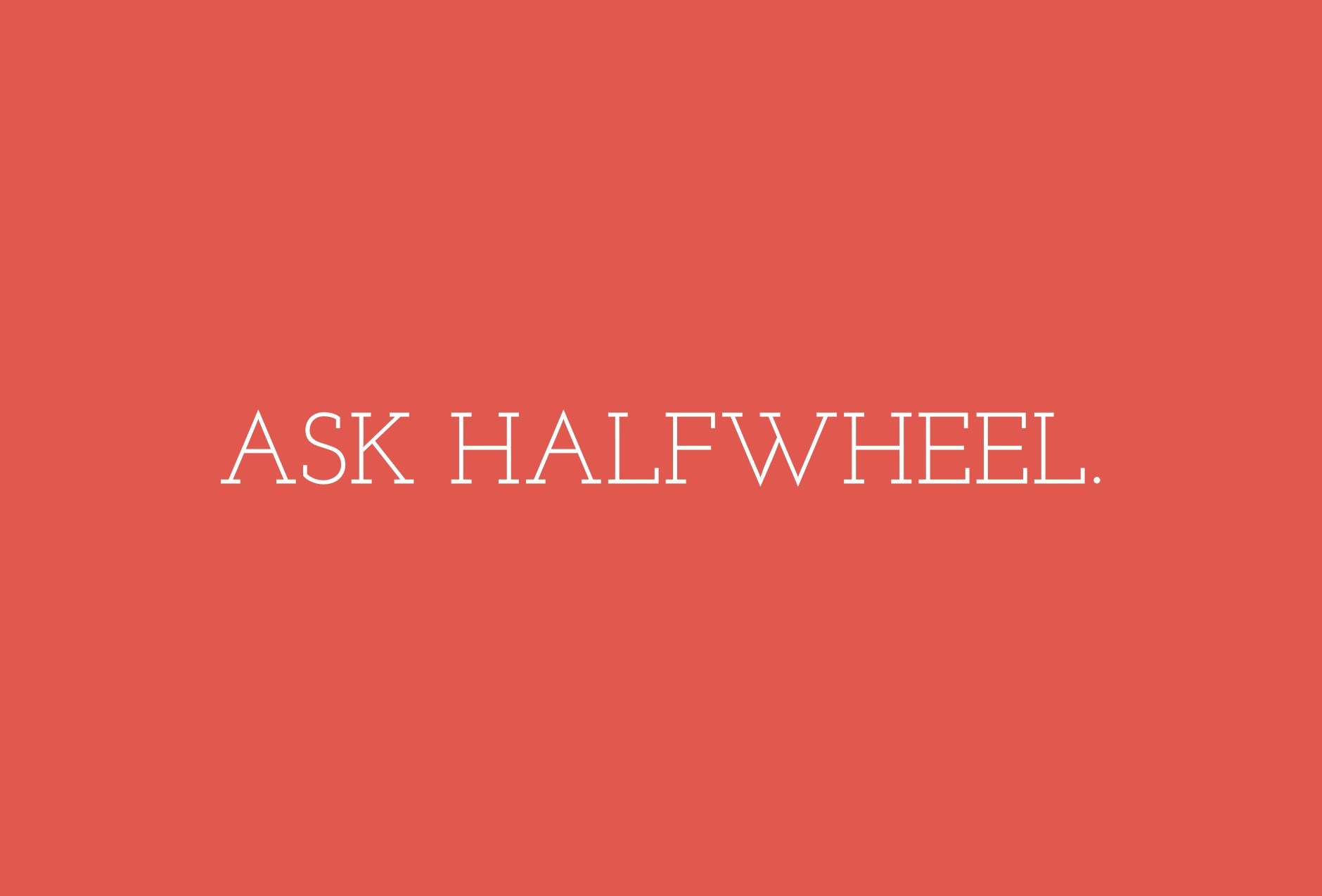The Trump administration has announced that it will no longer allow Americans to legally bring Cuban cigars and rum after traveling overseas.
Previously, Americans traveling abroad have been able to legally bring back Cuban cigars and rum so long as it does not exceed the personal import restrictions, specifically, no more than 100 cigars valued at up to $800 total every 31 days. That included travel from any other country to America, including Cuba.
The policy’s roots trace back to 2014, when the Obama administration announced that Americans traveling from Cuba could bring back up to $100 of Cuban cigars or rum. In 2016, the cap was lifted and Cuba—at least when it came to Americans bringing back cigars and alcohol—was treated like any other foreign country.
Importing Cuban cigars for commercial purposes has remained banned.
That change is one of a number of new restrictions the Department of the Treasury’s Office of Foreign Assets Control has made in regards to Cuba. The goal of the changes, according to Steve Mnuchin, secretary of the Department of Treasury, is to weaken the Cuban government, which he characterizes as an “oppressive regime.”
The Trump administration is also making it more challenging for Americans to travel to Cuba by eliminating general authorizations for public performances, clinics, workshops, exhibitions, meetings or conferences.
Instead, licenses will be granted on a case-by-case basis. The only general authorization will remain is for athletic competitions by amateur or semi-professional athletes or teams.
It is also expanding the list of places where Americans are no longer allowed to stay while in Cuba.
This is the latest in a series of moves by the Trump administration to reverse Obama era softening with Cuba. In 2017, the Trump administration rolled back most of the pathways for Americans to easily travel to Cuba and placed restrictions on doing businesses with certain entities in Cuba.



